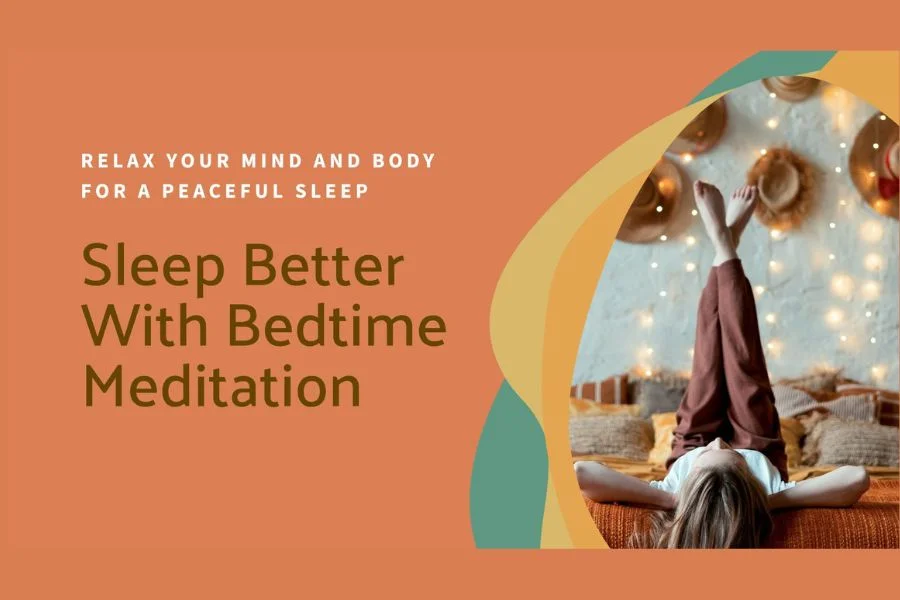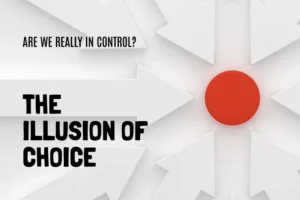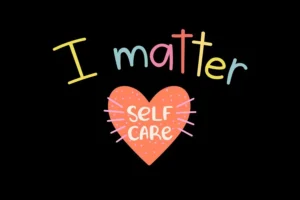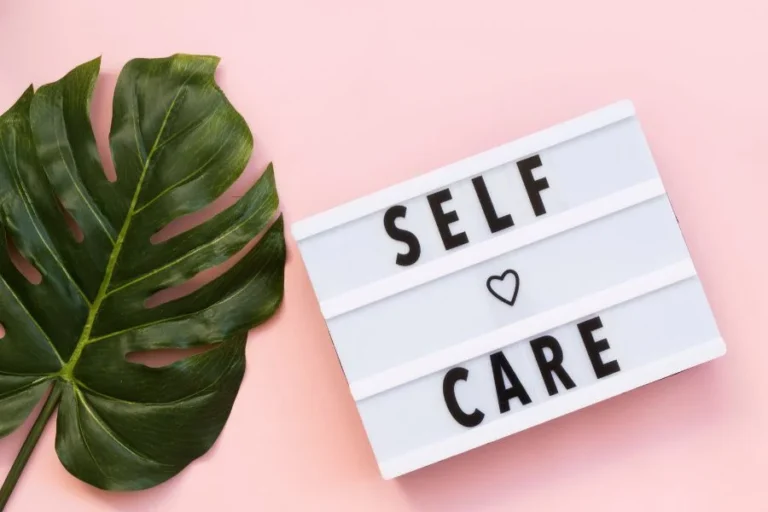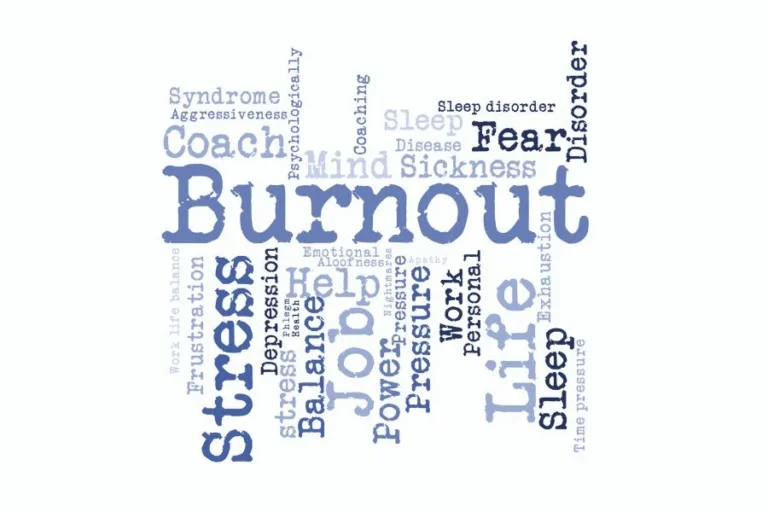Meditation might be what you need to help you sleep well at night. We all know that getting enough sleep is essential for our health and happiness. But sometimes, it takes effort to fall asleep quickly or stay asleep through the night. If this happens to you, try bedtime meditation. I have found a great technique to help you unwind and have a peaceful night’s sleep.
Table of Contents
Why It’s Hard to Sleep
It can be hard to fall asleep and stay asleep. Many things can make it difficult to sleep well. Let’s look at some of these problems and how they can affect our health.
Common Sleep Problems and How They Affect You
Many people find it hard to fall asleep or stay asleep. This often happens because of stress. After a long, busy day, it can be challenging to relax. When you can’t sleep, you can feel more stressed and worried.
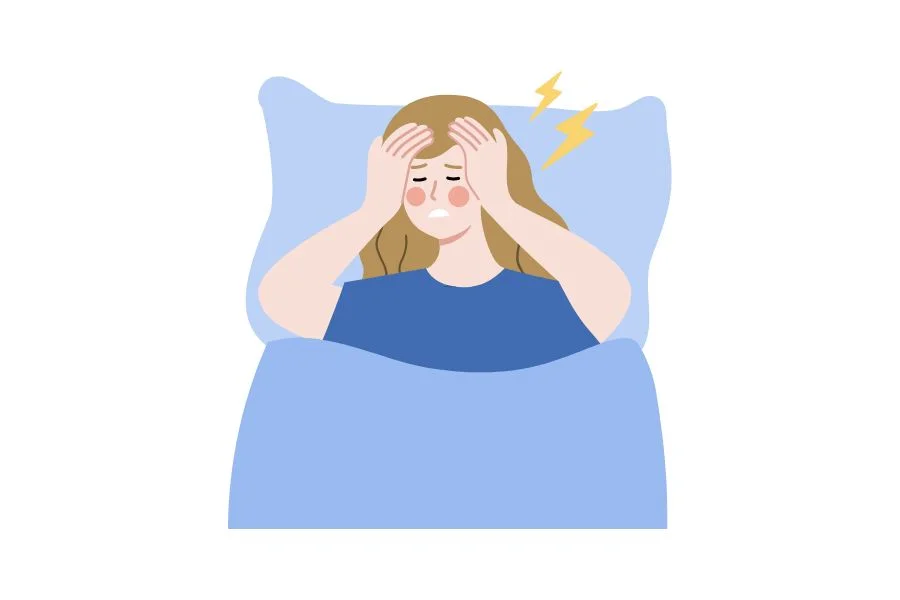
Insomnia is when someone can’t fall asleep or stay asleep, and it happens a lot. Some people also have other problems, like restless legs or sleep apnea, that make it hard to sleep well.
Not getting enough sleep can be bad for your body and mind. When you’re tired during the day, it takes effort to pay attention and think clearly. If you don’t sleep well often, it can make you feel sad or worried. Not sleeping enough can also cause severe problems like:
- Gaining too much weight
- Heart problems
- Kidney problems
- Diabetes
- High blood pressure
If you don’t get enough sleep, you might get sick more often. You could also want to eat too many salty or sugary snacks, which can make you gain weight and lead to diabetes.
Remember to use your phone or watch TV only after bed, as this can make it difficult to fall asleep. Also, try not to use screens too much during the day, as this can make it harder to sleep at night.
How Bedtime Meditation Can Help You Sleep Better
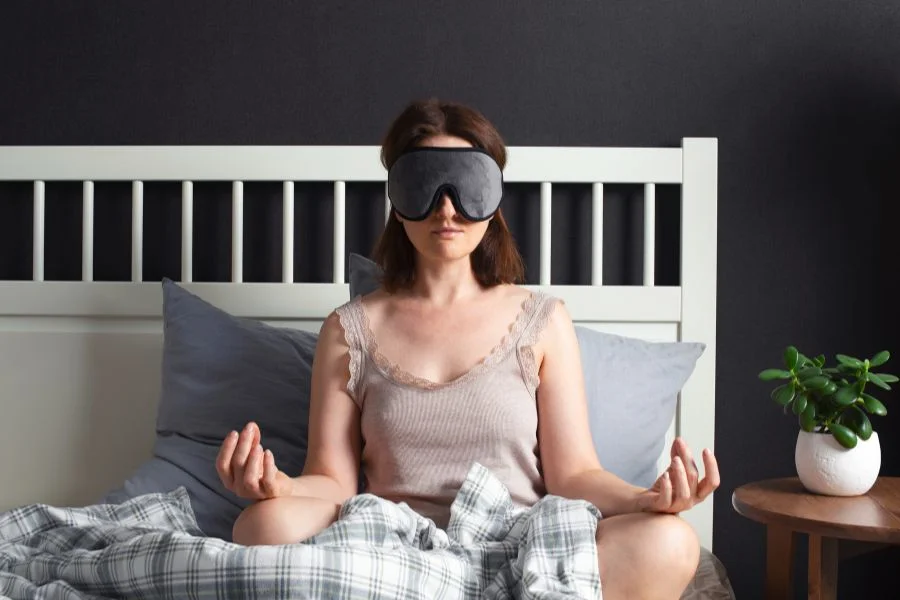
What is Bedtime Meditation?
Bedtime meditation is a way to relax before sleep. It helps you fall asleep faster and sleep better.
How Does It Work?
Meditation helps your body calm down. When you feel calm, it’s easier to sleep. Meditation slows your heartbeat and softens your breathing, which means your body is getting ready to sleep.
Why is Relaxation Important?
Relaxing helps reduce stress, which can make it hard to sleep. Meditation allows your brain to stop worrying, allowing you to sleep more easily.
For more self-care tips to boost your well-being and sleep quality, explore our life-changing self-care strategies. Combining these practices with bedtime meditation can amplify your results.
How Does Meditation Help You Sleep?
When you meditate, you focus on relaxing your body and quieting your mind. This helps you get ready for a good night’s sleep.
How to Start Bedtime Meditation
Bedtime meditation is a simple way to help you relax before sleep. Anyone can try it!
What Type of Meditation Should You Do?
An expert named Monahan says yoga nidra is good for bedtime. It helps you relax, and it’s okay if you fall asleep while doing it.
Easy Ways to Meditate Before Bed
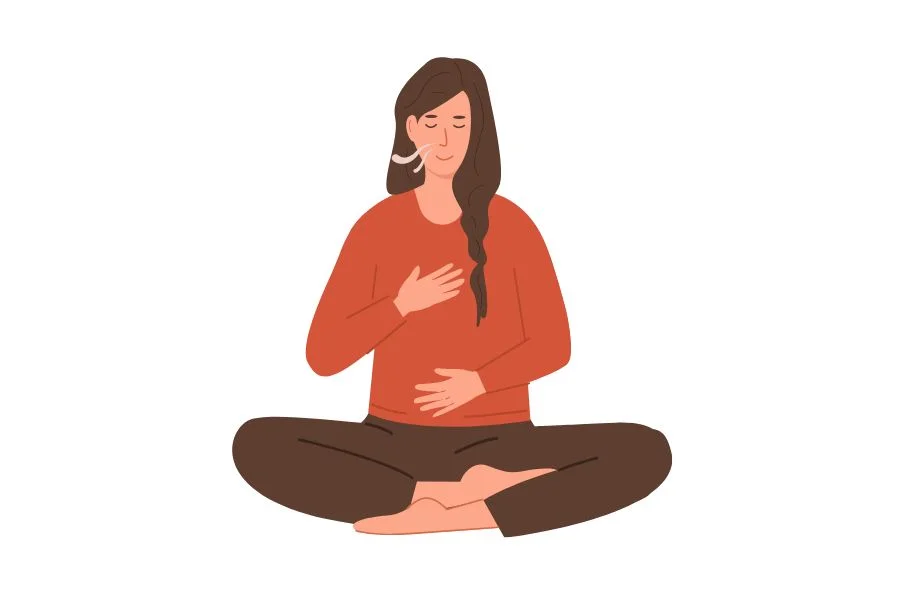
- Body Scanning: Think about each part of your body, one at a time. Notice how it feels and try to make it relax.
- Picture Something Calm: Imagine something that makes you happy, like a soft blue light or lying in a sunny, warm place.
- Breathing Exercises: Breathe in through your nose for 4 seconds and out through your mouth for 8 seconds. This helps you feel calm and ready for sleep.
- Muscle Relaxation: Start with your toes. Slowly relax each muscle in your body. You can also squeeze and then relax your muscles to let go of stress.
Guided Bedtime Meditations
Guided meditations are when someone helps you by telling you what to do and think. This can be very helpful if you are new to meditation and not sure what works best for you.
What Can Guided Bedtime Meditations Help With?
- Breathing: Helps you calm down your body and mind.
- Focusing on the Present: Helps you forget about your worries from the day.
- Body Scanning: Helps you notice and relax any tight or tense parts of your body.
- Imagining Calm Places: Helps you feel safe and cozy.
- Calming Words: Helps your brain stop worrying and start relaxing.
Where Can You Find Guided Meditations?
You can find guided bedtime meditations on YouTube, podcasts, or audiobooks. Apps like Headspace, Calm, or The Mindfulness App have many guided meditations. Some are free, and some cost a little money each month.
These apps also have “sleep stories,” which are stories made to help you fall asleep. There are many ways to find guided meditations to help you relax and sleep well!
Mindfulness Techniques for Better Sleep
There are simple ways to make your bedtime meditation work, even if you’re just starting.
Practice Every Day
Try to meditate every day. The more you practice, the better it will help you sleep.
Start Relaxing Before Bed
A few hours before bedtime, start getting ready to relax. Spend less time on screens like phones or tablets and follow a bedtime routine. Doing the same things every night helps your body and mind know it’s time to wind down.
Don’t Force Yourself to Sleep
Don’t stress if you can’t fall asleep right away. Trying too hard to sleep can make you feel more stressed. If you’re not sleepy, get out of bed and try a mindfulness meditation or read something quietly. Then, go back to bed.
If you stay awake in bed too long, you might start thinking of your bed as a place where you can’t sleep, which can make it harder to fall asleep.
For a broader range of self-care practices to enhance your sleep and overall well-being, check out our guide on 9 types of self-care. Using various self-care techniques can support your bedtime routine and improve your sleep quality.
Tips for Relaxing Before Sleep
Notice How You Feel
Pay attention to how your body feels. If you know what’s making you tense, focus on that. If you have a stressful day, don’t be hard on yourself if you’re having trouble falling asleep.
Sometimes, sleep might come after doing other relaxing things first, and that’s okay. Whatever helps you relax is good.
Tips to Help You Relax
Monahan shares some helpful tips to make relaxation easier:
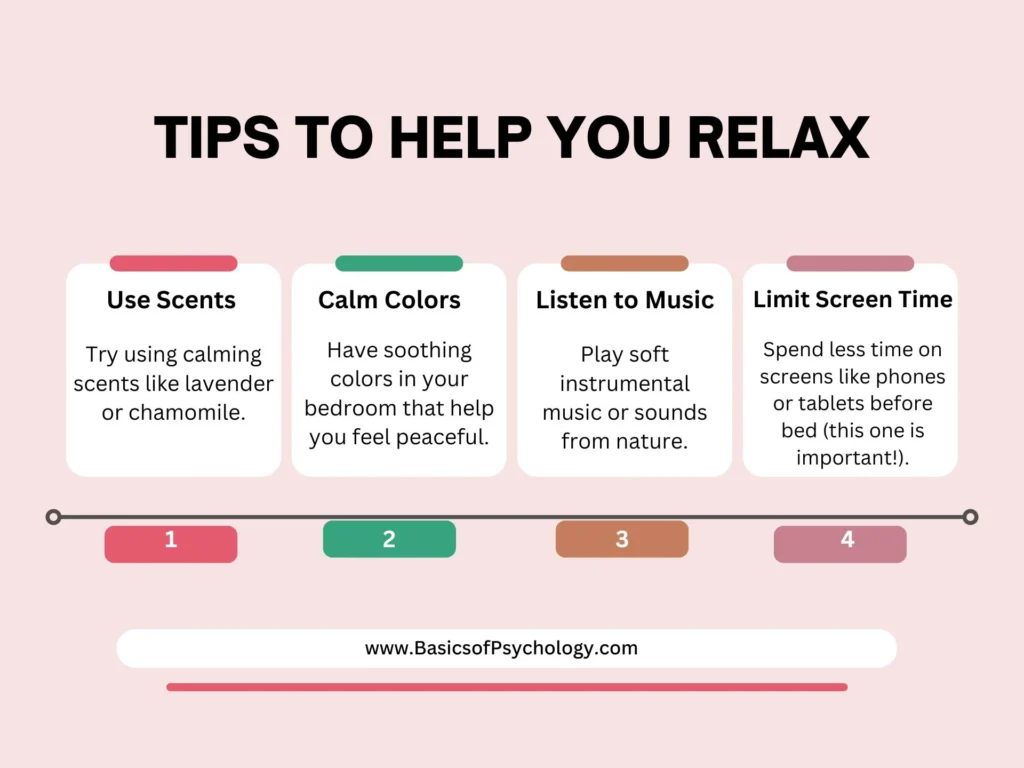
How to Make Bedtime Meditation Part of Your Routine
Doing bedtime meditation every night can help you sleep better. Here are some easy tips to help you start:
Simple Tips for Bedtime Meditation
- Go to Bed at the Same Time: Pick a bedtime and stick to it every night. This helps your body know it’s time to sleep.
- Put Your Phone Away Early: A few hours before bed set your alarm and put your phone away at the same time each night.
- Try Different Meditations: Test out different ways to relax, like saying calming words, thinking about relaxing each part of your body, or imagining peaceful places. Find out which one helps you feel the most calm.
- Be Patient: It might take time to get better sleep. Keep practicing your bedtime meditation, and it will start to work better over time.
Overcoming Challenges in Bedtime Meditation
When you’re just starting with bedtime meditation, it might be hard to remember to do it. Here are some tips to help:
- Set Reminders: You can set alarms to remind you when it’s time to start relaxing, stop using your phone, and go to bed. This will help you make meditation a habit.
- Stick to Your Routine: Make bedtime meditation a habit. Over time, it will feel natural and help you sleep better.
- Be Patient with Yourself: Don’t feel bad if you can’t fall asleep right away. Building a habit takes time. Keep practicing, and it will get easier.
Other Ways to Help You Sleep Better
There are many things you can do to make your bedtime meditation work better—some of these things you can do during the day.
Tips for Better Sleep
- Go to Bed at the Same Time: Going to bed at the same time every night helps your body and brain know it’s time to sleep.
- Put Away Electronics: Stop using phones, tablets, and other screens before bed. Looking at screens makes it harder for your brain to relax and fall asleep. Instead, try reading a book or listening to music.
- Don’t Stay in Bed If You Can’t Sleep: If you can’t fall asleep, get up and do something quiet until you feel sleepy. This helps your mind learn that your bed is just for sleeping.
- Make Your Room Good for Sleep: Your bedroom should be dark, calm, and quiet. This will help you sleep well.
Lifestyle Changes to Help You Sleep Better
There are things you can do during the day that can help you sleep better at night.
- Eat Healthy Foods: Eating less junk food and avoiding caffeine (like coffee and soda) can help you sleep better.
- Exercise Regularly: Exercising often can help you stay asleep longer and can make sleep problems like insomnia better.
- Manage Pain and Stress: It’s hard to sleep if you’re in pain or very stressed. Try to take care of these problems during the day with things like other types of meditation, talking to a therapist, or taking medicine. Cognitive Behavioral Therapy can also be highly effective in managing stress and improving sleep. Addressing these problems proactively can make it easier to achieve restful sleep at night.
Final Thoughts
Bedtime meditation can help you fall asleep faster, stay asleep longer, and get better sleep. It’s easy to start, and there are many ways to learn how to do it. So, instead of using your phone late at night, try relaxing your body or thinking of something calm.

